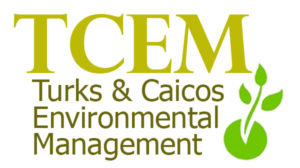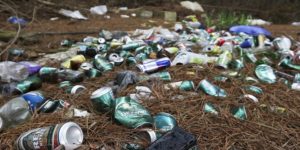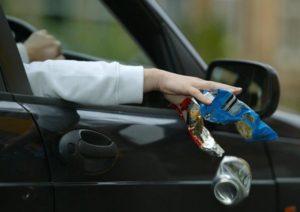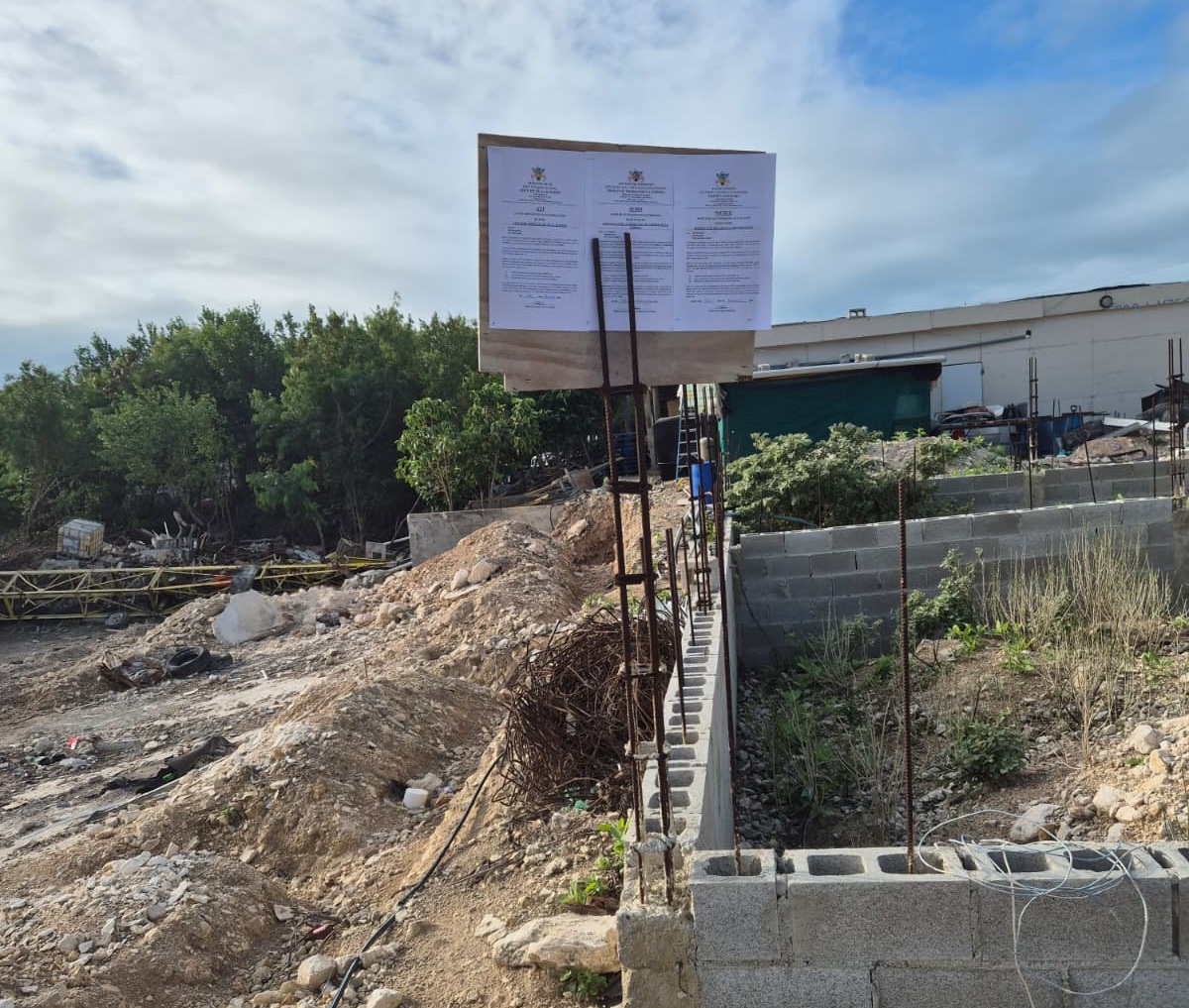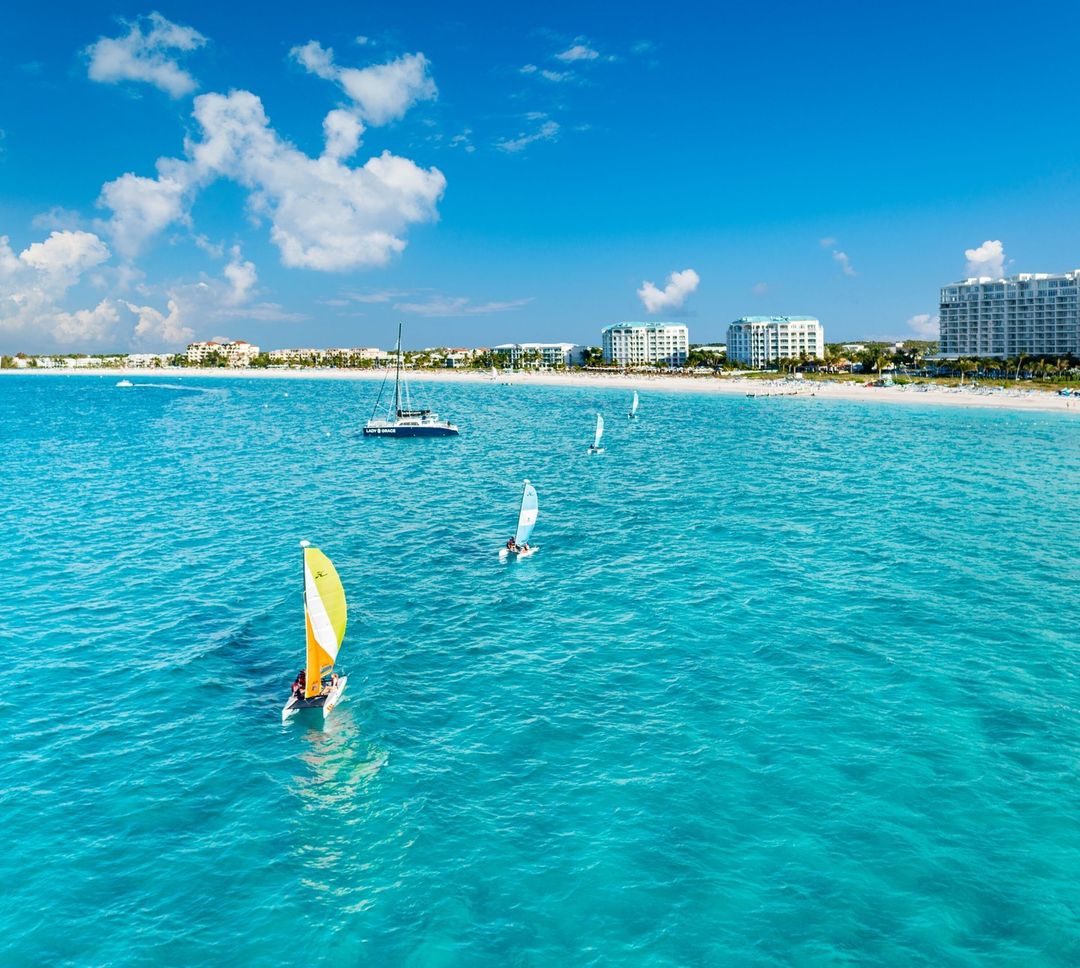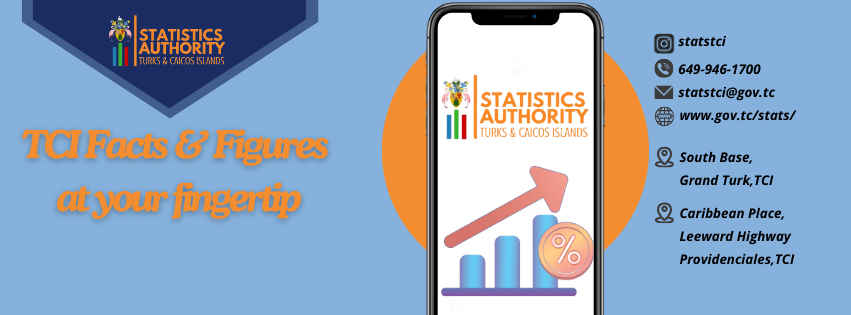Almost two million visitors recorded in 2025
PROVIDENCIALES, TURKS AND CAICOS ISLANDS – The Turks and Caicos Islands saw an increase in stayover arrivals in December, seven percent higher than the corresponding period in 2024.
Preliminary data suggests that stay over arrivals by air for the month of December was 66,427 in comparison to 62,610 in December 2024.
From January to December 2025, preliminary visitor arrival numbers totalled 640,754; on par with the number recorded for the same period of 2024.

Stay Over Arrivals YTD December 2024/2025
The first quarter of the calendar year attracted the largest number of arrivals with visitor arrivals three percent higher than the first quarter of 2024. Reduced airlift from the United Kingdom and the United States, most notably the Virgin Atlantic and JetBlue services, was however felt from the second quarter (April to June). As a result, visitor arrivals dropped three percent in the second quarter.
By the third quarter of this year (July to September), geopolitical and economic conditions in the key source markets, namely the United States, led to further contraction of arrivals. In the last quarter of 2025, arrivals were impacted in October due to the passage of Hurricane Melissa but additional airlift from the USA and Canada resulted in an increase in arrivals in November and December.
Mr. Paul Pennicook, Interim CEO Consultant of Experience Turks and Caicos, said December’s increase in stayover arrivals is an encouraging indicator of the sustained interest in the Turks and Caicos Islands as a premier destination.
“While we note and continue to monitor geopolitical shifts that affect us, Experience Turks and Caicos is focused on increasing marketing initiatives in our primary source markets. We have spent the last two years investing in groundwork such as crucial travel advisor training to assist them in selling the destination more effectively. In the next fiscal, we will be building on those initiatives with co-op activities with partners as well as out of home advertising to increase visitation to our destination,” he said.
In Cruise, the preliminary count of passenger arrivals for the month of December 2025 was 129,346, a 22 percent increase over last December. This growth follows the berthing of 11 additional ships in Grand Turk this month.
From January to December, the cruise sector continued to outperform the same period last year, as the 1.3 million total cruise passengers recorded, marks a five percent Year-on-Year increase. 
The cruise sector experienced significant growth in the first quarter of 2025, with passenger arrivals surpassing last quarter by 53 percent. In the second and third quarter however, several cruise lines adjusted their itineraries as vessels were pulled from the fleet or from the Caribbean region, which resulted in fewer passengers.
Arrivals dropped seven percent and 10 percent in the second and third quarters, respectively. Double digit growth was recorded in the last two months of Quarter 4. This growth however, was not sufficient to outweigh the drop in arrivals experienced in October, following the cancellation of cruise calls due to the passage of Hurricane Melissa. Despite the late-quarter rebound, arrivals for the final quarter of 2025 closed six percent below the same period in 2024.

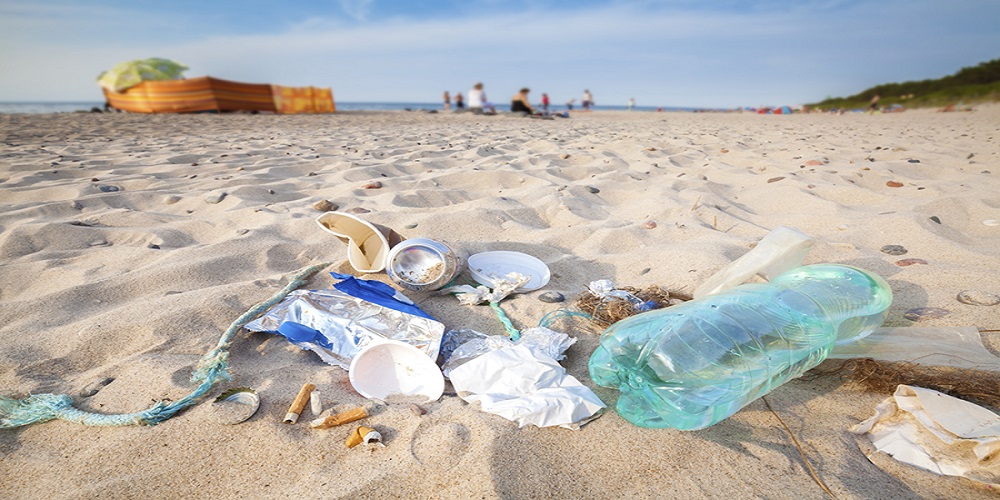

 Bahamas News1 week ago
Bahamas News1 week ago
 Health1 week ago
Health1 week ago
 News5 days ago
News5 days ago
 Caribbean News1 day ago
Caribbean News1 day ago
